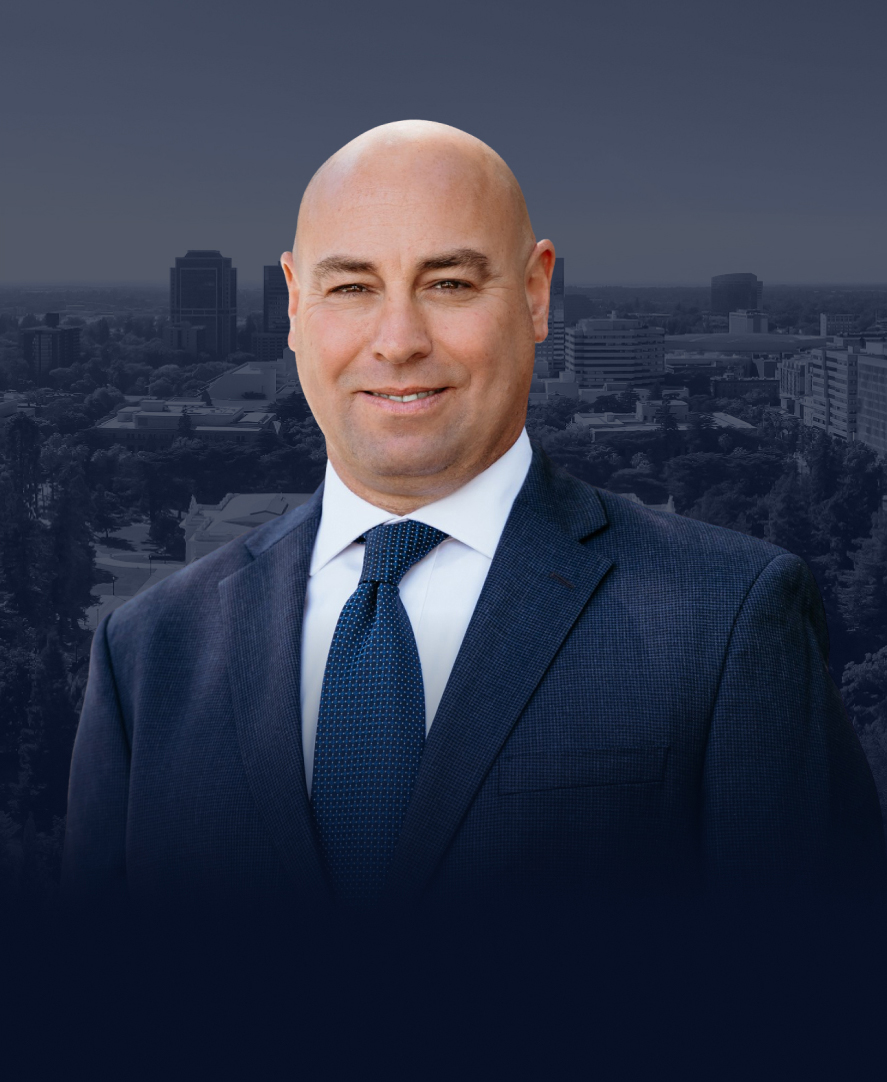Insurance adjusters are the employees of an insurance company who are tasked with examining claims for payment. Insurance adjusters are the front-line soldiers in the insurance company’s “war” to avoid paying unnecessary damages. While they serve a useful purpose, they can also be the people who deny your reasonable claim in an attempt to save the company money.
It is important to remember that the job of an insurance adjuster is not to treat you fairly or help you collect compensation for your injuries and property damage. Instead, the job of an insurance adjuster is to limit or deny claims whenever possible in order to make money for his or her employer. Therefore, no matter how polite and well-meaning an adjuster may seem, it will not do to forget that the adjuster does not work for you, the victim. Instead, the adjuster works for an insurance company that is actively looking for reasons to lower the amount of money paid to you or deny a claim altogether if there is sufficient reason to do so.
Insurance Adjuster Secrets: How They Deny Your Claim
Insurance adjusters have learned several techniques that are very effective when used on injured victims. These “tricks of the trade” allow them to settle quickly for small amounts or convince victims that they are not entitled to any payment at all. Insurance adjusters learn these tricks quickly and use them to their full effect. Be careful if an insurance adjuster tries any of these techniques with you; it generally means that they are trying to deny you just compensation.
Be your friend. Most insurance adjusters are well-versed in the old saying, “You catch more files with honey than with vinegar.” They know that being compassionate and sympathetic is much more likely to catch a victim off-guard and lead to a disastrous claim settlement on the victim’s part. Adjusters may say things like, “I understand what you are going through and I want to help,” or “You do not have to be afraid to tell me the truth.” The less you talk with an insurance adjuster, the better, as anything you say will be used later against you if you file a lawsuit.
Downgrading attorneys. Most insurance adjusters will profess a profound distaste for attorneys and may tell you things like, “They are just after your money,” and “You will get more in settlement if you do not have to pay a lawyer.” This is rarely true. Even with the attorney’s fees added in, victims who are represented by counsel often collect more money than those who settle alone.
Ask for information in writing. Most insurance adjusters are anxious to get two things in writing: first, your medical records, and second your statement. If they can get these two items in their possession, they are almost home free. Never release your medical records to an insurance adjuster without your attorney’s approval, and do not make any statements to an adjuster without talking to your attorney first.
Offer to settle quickly. Insurance adjusters know that if they can settle within the first few days after an accident they will usually save their companies thousands of dollars. They will try to offer you what may sound like a good settlement in order to stop you from filing a lawsuit later. Once you sign a release and take their money, you can never again collect from the accident, so a quick settlement is the ultimate goal of any insurance adjuster.
The simplest thing you can do to avoid these insurance adjuster traps is talk to a personal injury attorney. You most likely do not have the experience necessary to deal with an insurance adjuster successfully, but your personal injury attorney does. In fact, the moment you are represented by an attorney, everything changes for the insurance adjuster. Insurance companies will often take your claim more seriously if you are represented by legal counsel. Talk to a personal injury attorney today about your accident case to learn how to settle your case properly.














